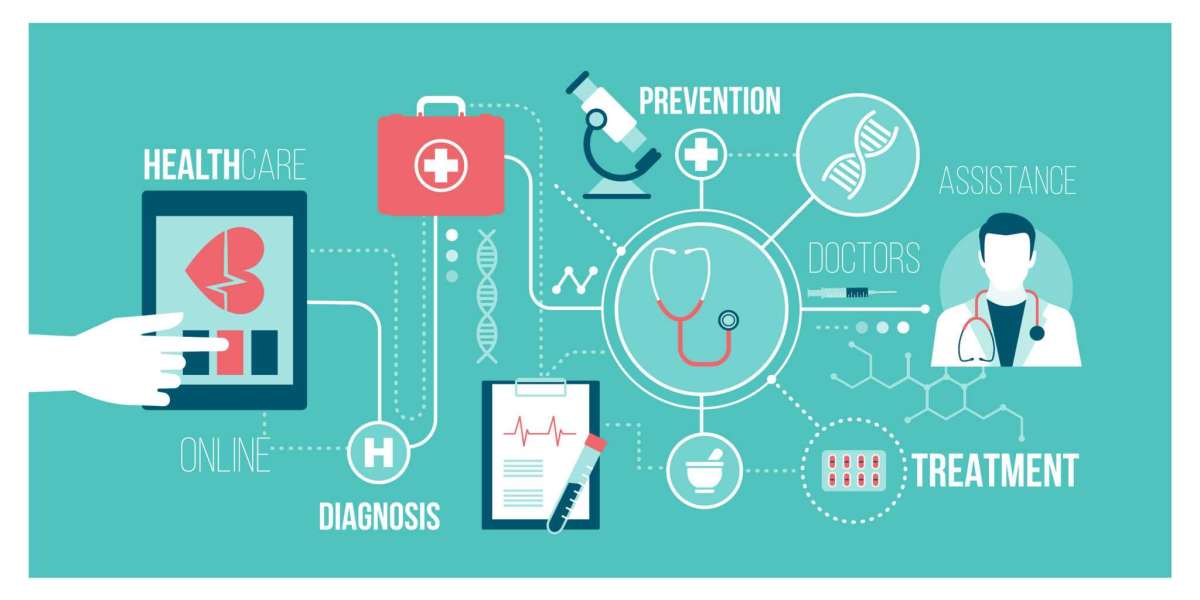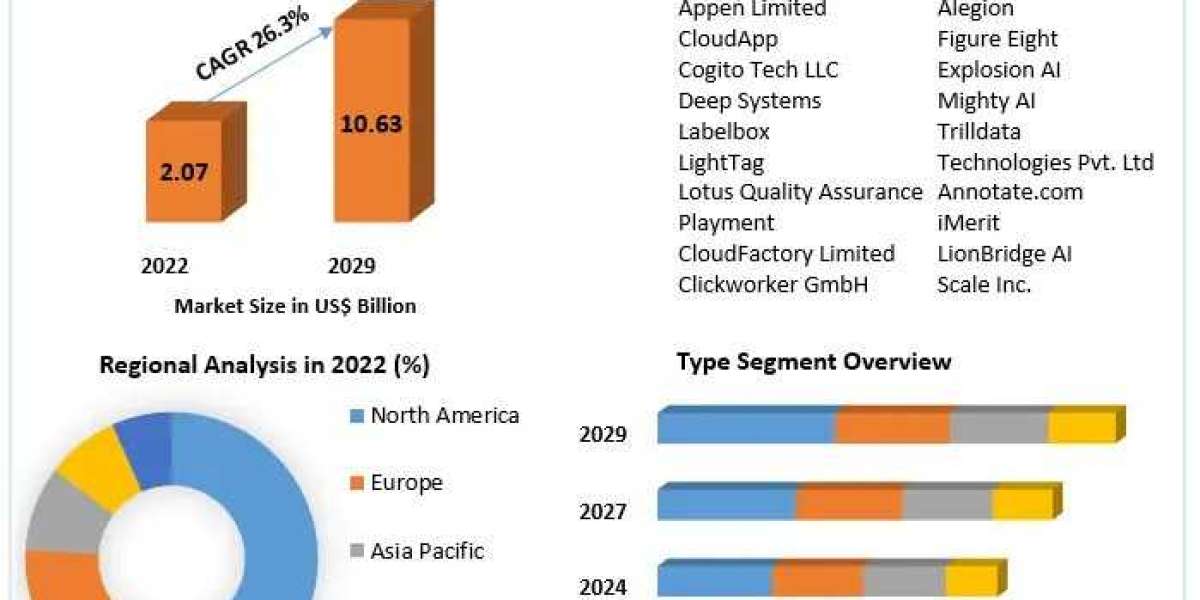Big Data in Healthcare: Software Solutions for a Data-Driven Future
The healthcare industry is awash with data. From patient records and medical imaging to clinical trials and wearable device data, the volume is immense. But how can we unlock the potential of this "big data" to improve healthcare delivery, patient outcomes, and overall efficiency? Software plays a critical role, and here are some key questions to consider when navigating the landscape of big data solutions:
- What software solutions are available for big data in healthcare?
The big data healthcare software market offers a range of solutions to manage and analyze vast datasets. Here are some key types:
- Electronic Health Record (EHR) Analytics Platforms: These platforms go beyond basic data storage in EHRs. They offer advanced analytics capabilities to extract insights from patient data, support clinical decision-making, and identify potential care gaps.
- Population Health Management Software: This software helps healthcare organizations track and analyze the health of entire patient populations. It can be used to identify at-risk groups, target preventive care initiatives, and improve population health outcomes.
- Clinical Decision Support Systems (CDSS): CDSS leverage big data analytics to provide real-time clinical decision support to healthcare providers at the point of care. This can improve the accuracy and efficiency of diagnoses and treatment plans.
- Can software integrate with existing healthcare IT systems?
Interoperability is crucial for maximizing the value of big data. Modern software solutions are designed to integrate seamlessly with existing healthcare IT systems, including EHRs, lab systems, and imaging platforms. This ensures smooth data flow and eliminates the need for manual data entry, reducing errors and improving efficiency.
- How is data security and privacy addressed?
With big data comes the responsibility of protecting sensitive patient information. Leading software solutions prioritize data security and privacy. They employ robust encryption methods, access controls, and adhere to HIPAA (US) and GDPR (EU) regulations to ensure patient data remains secure and compliant.
- Is the software scalable and flexible?
Healthcare organizations have varying data volumes and needs. Software solutions should be scalable to accommodate growth and changing data management requirements. Look for solutions that offer flexible deployment options (cloud-based or on-premise) to cater to individual preferences and infrastructure capabilities.
- What kind of analytics capabilities does the software offer?
Extracting meaningful insights from big data is key. Advanced software solutions offer extensive analytics capabilities, including:
- Predictive analytics: Predicting potential health risks and identifying patients who may benefit from preventive care interventions.
- Risk stratification: Categorizing patients based on their likelihood of developing certain conditions, enabling targeted interventions.
- Personalized medicine: Analyzing individual patient data to tailor treatment plans and optimize care delivery.
- What is the potential return on investment (ROI)?
Healthcare organizations need to understand the potential return on investment (ROI) before adopting big data solutions. While upfront costs exist, the benefits can be significant. Look for software that can help achieve:
- Cost savings: Improved operational efficiency, reduced readmission rates, and targeted resource allocation.
- Enhanced patient outcomes: Earlier diagnoses, more effective treatment plans, and improved overall patient experience.
- Improved population health management: Proactive identification of health risks and targeted interventions for better population health outcomes.
Top Players in Big Data Healthcare Software:
Some leading companies offering innovative software solutions for big data in healthcare:
- McKesson: Offers a range of healthcare IT solutions, including big data analytics platforms for population health management and supply chain optimization.
- Cognizant: Provides data analytics and consulting services to help healthcare organizations leverage big data for improved decision-making.
- Epic Systems Corporation: A leading provider of EHR systems, Epic also offers advanced analytics tools to extract insights from patient data within their platform.
- Cerner Corporation: Another major player in the EHR market, Cerner offers big data analytics solutions that integrate with their EHR platform to support population health management and clinical decision-making.
- Dell: Provides scalable and secure IT infrastructure solutions to support big data analytics initiatives in healthcare.
- GE Healthcare: Offers a variety of healthcare IT solutions, including big data analytics platforms for medical imaging data management and analysis.
- Optum: This subsidiary of UnitedHealth Group provides a range of healthcare data analytics solutions, including population health management tools and predictive modeling capabilities.
- Siemens Healthineers: Offers big data analytics solutions for medical imaging data management and advanced clinical analytics.
- Philips: Provides a range of big data healthcare solutions, including cloud-based platforms for data management, analytics, and population health management.
- Xerox: Offers healthcare IT solutions like document management systems and analytics tools for managing and analyzing patient data. While Xerox may not be a primary player in the big data analytics space for healthcare, their document management and analytics tools can play a supporting role. These tools can help healthcare organizations:
- Improve data quality: By streamlining document capture and management processes, Xerox solutions can ensure data accuracy and consistency, which is crucial for reliable big data analysis.
- Extract data from unstructured sources: Xerox tools can assist in extracting relevant data from unstructured sources like clinical notes and reports, making this valuable information accessible for big data analytics platforms.
- Enhance data governance: Robust document management systems can improve data governance by ensuring proper access controls, audit trails, and compliance with regulations, fostering trust in the data used for analytics.
The Future of Big Data in Healthcare
The big data revolution in healthcare is still unfolding. As technology advances and healthcare organizations become more data-driven, we can expect to see:
- More sophisticated analytics: The development of even more powerful analytics tools to unlock even deeper insights from healthcare data.
- Artificial intelligence (AI) integration: AI will play a growing role in big data analytics, enabling more accurate predictions, personalized medicine approaches, and automated workflows.
- Focus on interoperability: Seamless data exchange across healthcare systems will be critical to maximize the value of big data for population health management and research.
For more information visit at MarketResearchFuture
Other Trending Reports
Fetal and Neonatal Care Equipment Market
Specialty Medical Chairs Market








